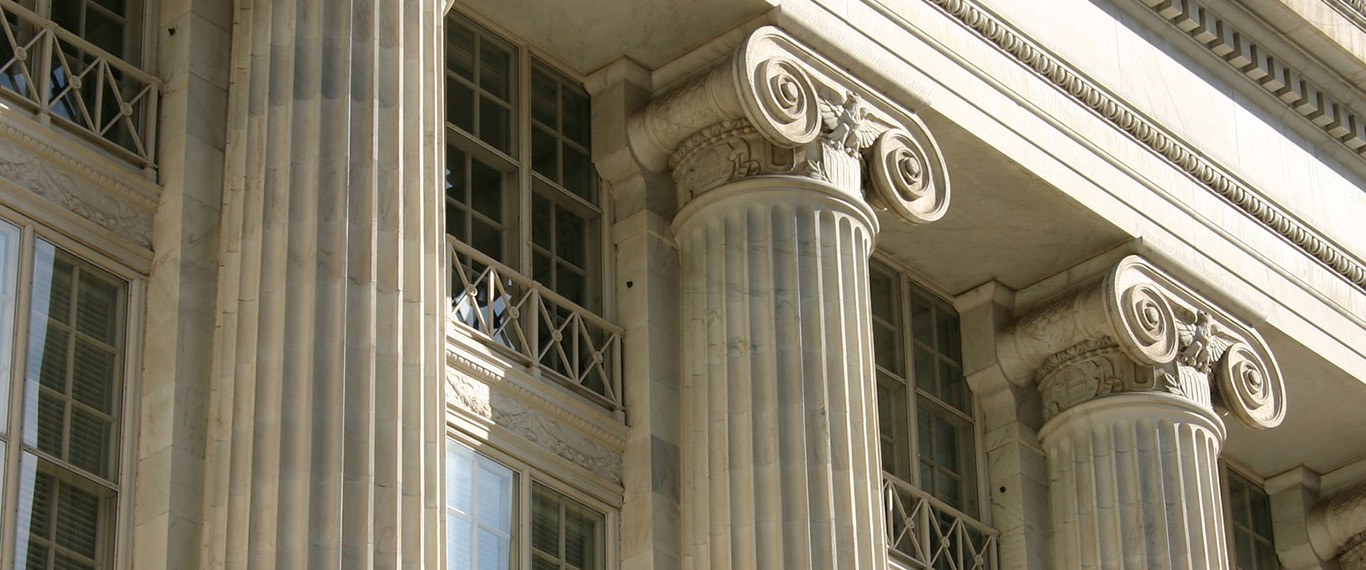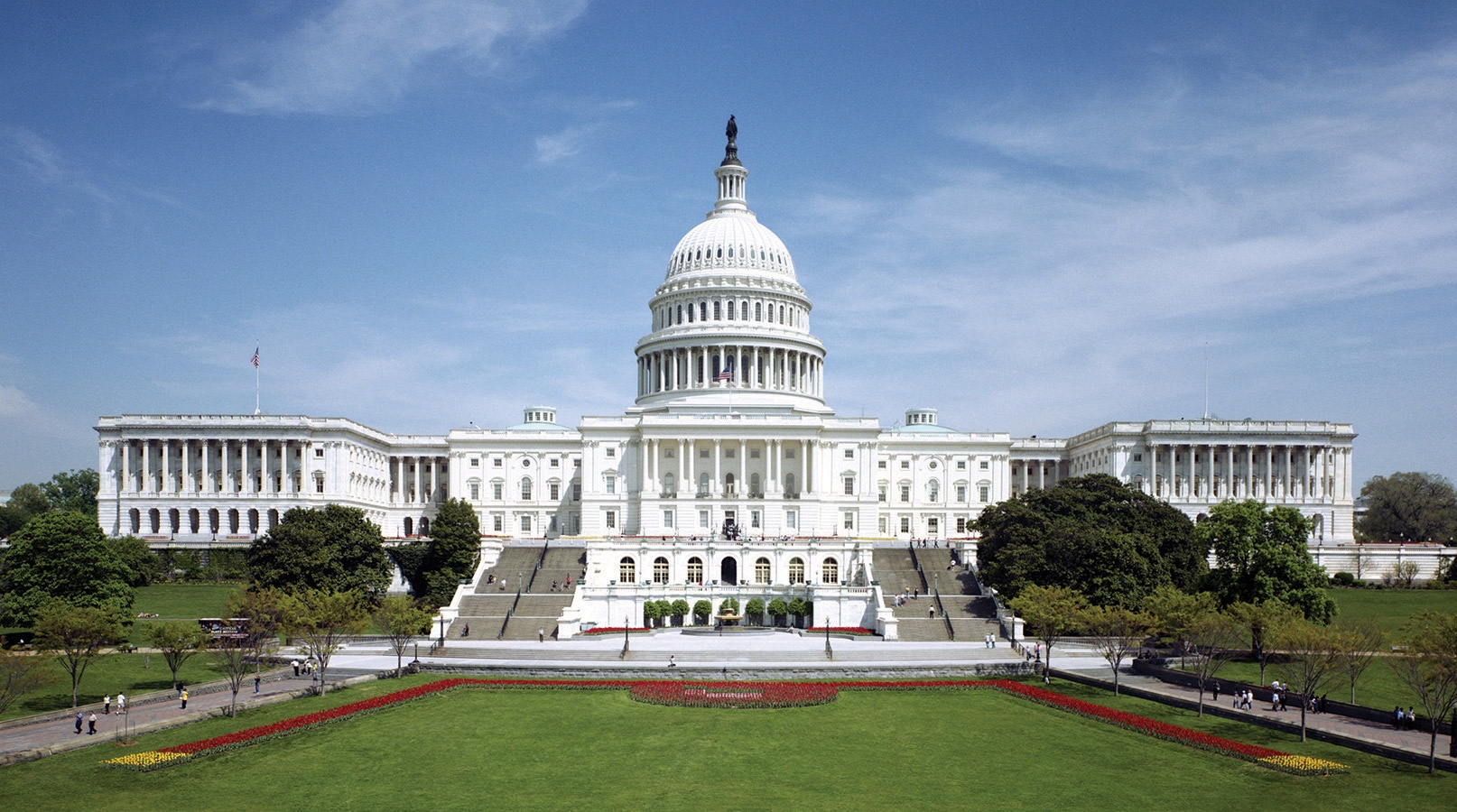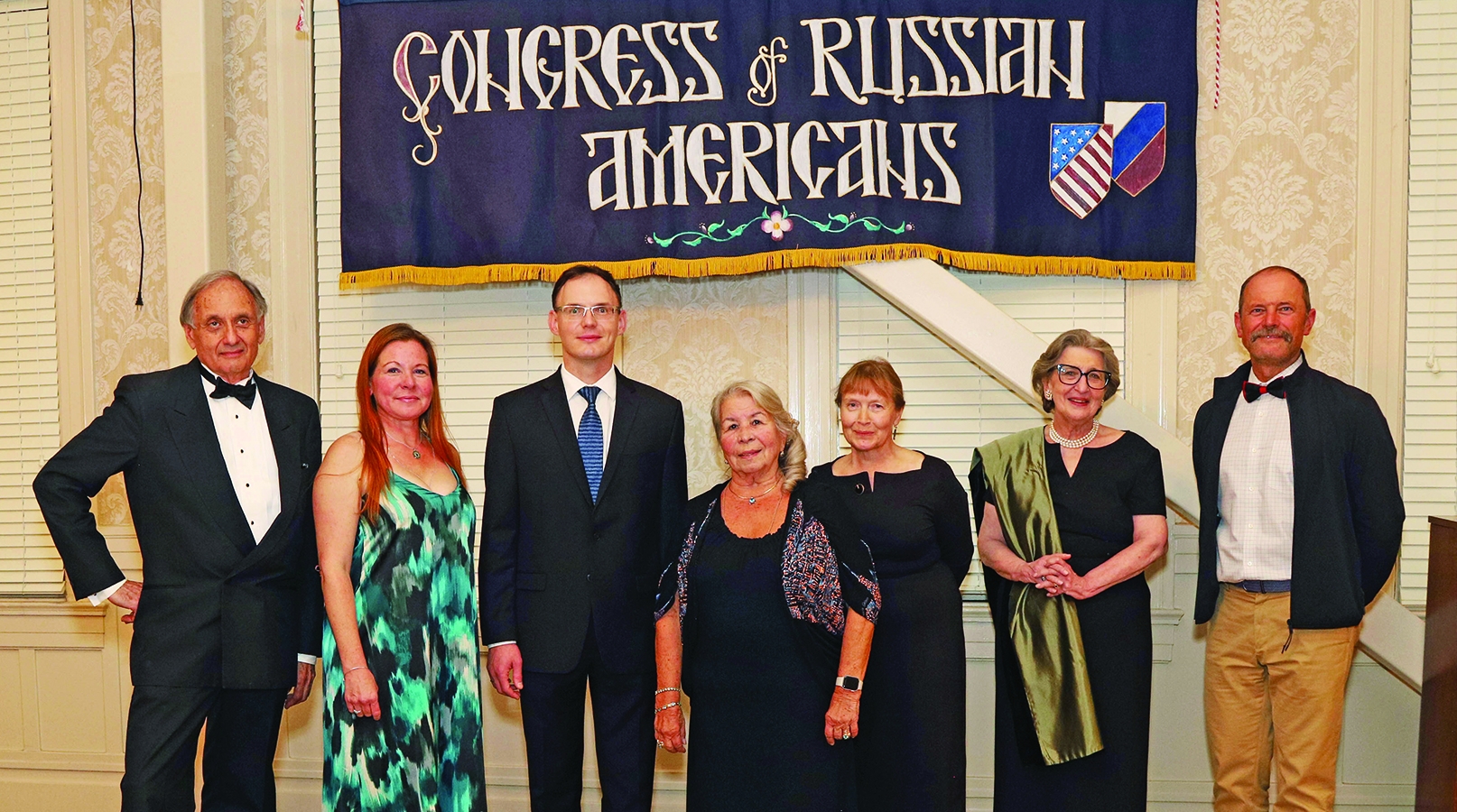At the end of July 2017, U.S. President Donald Trump signed a package of documents imposing new restrictive measures against Russia, North Korea, and Iran. Prior to this, the bill received overwhelming support in the U.S. Congress, with 98 Senators voting in favor and only 2 against, and 419 members of the House of Representatives supporting it against 3 opposing. The new measures legally prevent Trump from easing anti-Russian sanctions, specifically: Presidential Executive Order No. 13660 of March 6, 2014, concerning sanctions and asset freezes of individuals and entities responsible for “undermining democratic processes and institutions in Ukraine, and for threatening its peace, security, sovereignty, and territorial integrity”; Executive Order No. 13661 of March 16, 2014, on the blocking of assets of individuals or organizations associated with the Russian government; Executive Order No. 13662 of March 20, 2014, on sectoral sanctions against Russian energy, metallurgical, engineering, and mining enterprises; and Executive Order No. 13685 of December 19, 2014, on sanctions related to Crimea.
Among the companies affected by the U.S. sanctions are leaders of the Russian energy business such as Gazprom, Lukoil, Surgutneftegas, Transneft, and Gazprom Neft. Major Russian banks, including Sberbank, Bank of Moscow, Gazprombank, Rosselkhozbank, Vnesheconombank, and VTB, were also targeted. The sanctions did not spare certain individuals in the Russian government and private businessmen.
However, there are procedures for obtaining licenses to unblock frozen funds and other assets as per the directives of the U.S. Treasury’s Office of Foreign Assets Control (OFAC). First, there is a possibility to obtain permission to lift the sanction ban for specific transactions or categories of transactions. Second, petitions can be made for the exclusion of a company from the sanctions list. Third, there is an option to legally challenge the inclusion of an individual or entity in the sanction lists through the court.
Our law firm is ready to offer services for the addressing sanctions imposed by the U.S. government. We have handled a number of high-profile cases of Russian citizens in the U.S. Among our clients are businessman Viktor Bout, who was accused of terrorism-related charges, and pilot Konstantin Yaroshenko, targeted in a drug smuggling case. I represented the interests of the Russian government in the criminal case of Iouri Mikhel, who was sentenced to death by a federal court in Los Angeles for hostage-taking.
Regarding cases involving the lifting of sanctions, the law firm of former U.S. Attorney General John Ashcroft has expressed readiness for partnership with our office. John Ashcroft served as the U.S. Attorney General for five years under George W. Bush. In June 2017, the Ashcroft firm was hired by the government of Qatar. The Middle Eastern country required legal assistance amidst a crisis in international affairs, during which ten Arab countries severed diplomatic relations with Qatar.
Ashcroft Law Firm’s client roster on sanctions lifting includes representatives from Syria’s ruling regime and citizens of Myanmar (Burma). The U.S. Treasury’s Office of Foreign Assets Control (OFAC) imposed sanctions on Syria in 2004 through Executive Order 13338, aimed at curtailing the Syrian government’s support for terrorist groups and its development of weapons of mass destruction. Meanwhile, Myanmar faced sanctions in 1997 via Executive Order 13047, which prohibited American companies from investing in the country, and barred members of Myanmar’s “military junta” from entering the United States. These sanctions were significantly intensified in 2003. In a notable success, the Ashcroft firm managed to lift sanctions in July 2015 against a Burmese national, Thida Zaw, who was sanctioned in 2007 as the spouse of Tay Za, Myanmar’s wealthiest individual and someone the U.S. deemed a key supporter of the oppressive regime.
The process of lifting sanctions involves three primary approaches:
1. Special License
Under U.S. Presidential Order 13662, which imposed sectoral sanctions on the Russian Federation, transactions with sanctioned individuals or entities are largely prohibited unless a “special license” is obtained. The Office of Foreign Assets Control issues two types of licenses: general and specific. A general license permits a range of transactions falling under a defined category, while a specific license is for a particular transaction. Under U.S. Treasury regulations, any sanctioned party can apply for a specific license to conduct a transaction otherwise prohibited by the sanctions.
2. Delisting
OFAC’s regulations permit parties to submit administrative requests for the removal of an individual or entity from the sanctions lists. Such requests can challenge the factual basis for the initial inclusion. See 31 C.F.R. § 501.807(a)-(b). A sanctioned party may present evidence and arguments against their inclusion on the blacklist, propose internal reorganization, removal of certain individuals, or other actions to address the reasons for sanctions. The information provided is subject to OFAC’s review, which may also request further clarification or supporting documents. Sanctioned parties can even request a personal meeting with OFAC representatives. Following the review, OFAC issues a written decision on the petition for delisting.
3. Judicial Challenges to Sanctions
In addition to the previously mentioned methods, challenging the inclusion of an individual or entity on the sanctions list through legal proceedings is another viable option. However, experience suggests that contesting the U.S. executive branch’s (i.e., the President and the Treasury) authority in imposing sanctions is typically unfruitful. A more effective strategy is to target specific governmental actions. For instance, during World War II, the U.S. Supreme Court, in Zittman v. McGrath, ruled that the Office of Foreign Assets Control’s predecessor couldn’t simply seize the frozen assets of German nationals in the U.S. but had to allow legitimate claimants access to those assets if the German owners owed them debts. In the 1970s, the Fifth Circuit Court of Appeals in Real v. Simon and Tagle v. Regan found that OFAC could not block the assets of deceased Cuban nationals when those assets were due to their heirs. Similarly, the D.C. Court of Appeals in the mid-1990s, in Saba v. U.S. Department of the Treasury, determined that OFAC erroneously based its denial of a special license applicant on unapproved and unpublished policy changes.
These judicial precedents illustrate the necessity of identifying specific legal missteps or oversights by government agencies to effectively challenge sanctions in court. Moreover, American courts acknowledge the right to review the legitimacy of the U.S. government’s imposition of economic restrictions. For example, in Milena Ship Management Co. v. Newcomb, the Fifth Circuit Court of Appeals affirmed the jurisdiction of U.S. courts to review sanctions against Yugoslavia, despite the general reluctance to delve into political or international affairs.
Challenging OFAC’s actions poses considerable legal complexities. Practically, OFAC is not known for its promptness or efficiency in handling administrative procedures. This challenge is compounded by the extensive powers granted to this Treasury unit under U.S. law. Coupled with the American courts’ tendency to defer to the executive and legislative branches on international matters, these factors can create significant obstacles for those listed under sanctions. Despite these daunting challenges, at least three legal mechanisms exist for individuals and companies to contest sanctions. As an initial step, my colleagues at the Ashcroft Law Firm and I are prepared to consult with affected parties to determine the most suitable approach for their specific case.







